-
Mining Giant Behind Deadly Dam Collapse Took Lax Approach to Corporate Responsibility
›On January 25, 2019, an iron ore mining dam collapsed in Brumadinho, Brazil. The accident was probably the worst mining dam incident in the last three decades, according to the UN. So far, 203 people have been found dead and 105 are still missing, buried underneath the wave of almost 13 million cubic meters of mining waste. At least 305 kilometers of the Paraopeba river are now covered in toxic mud. Vale SA, the company that built the dam, is the world’s largest iron ore producer.
-
New Report Pushes for Greater Focus on Resilience in Feed the Future’s Work in Nigeria
›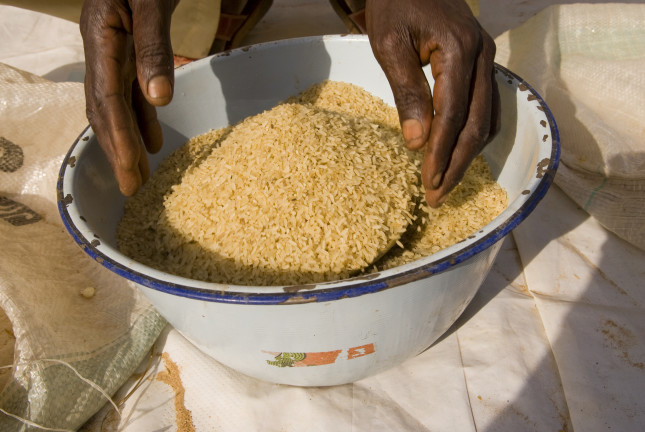
“We are suggesting the tilt to resilience [in Nigeria] is not fully evident,” said Julie Howard, Senior Advisor with the Center for Strategic and International Studies’ (CSIS) Global Food Security Project. She spoke at a recent CSIS event launching a new report, Risk and Resilience: Advancing Food and Nutrition Security in Nigeria through Feed the Future. The report critiques the USAID global food security and hunger program, Feed the Future, which is attempting to expand on its work reducing poverty and malnutrition by adding a third priority: building resilience in the second phase of its campaign.
-
Coal Communities Struggle to Diversify
›
Blanketed by freshly fallen snow, mountains of the Teton Range loomed above as I explored the picturesque town of Jackson, Wyoming. A native Bostonian, I had no experience in the heart of the country, but that week I wasn’t the only outsider wandering Jackson’s icy streets. In November 2018, experts from all over the world gathered in Jackson to attend the Jackson Hole Center for Global Affairs Forum with one common goal: to identify the challenges and opportunities for coal communities worldwide as they transition their economies away from coal.
-
How Building Political Will in Asia Could Improve Environmental Governance
›
A high degree of political will is one of several pre-conditions needed for good environmental management, said Kim DeRidder, Regional Director for Environmental Programs at the Asia Foundation. He spoke at a round-table on Advancing Environmental Governance Across Asia hosted by the Asia Foundation. While he emphasized the need to promote political will within Asia, he questioned whether the bold pledges that some Asian countries made in the Paris Agreement, such as the Philippines’ pledge to reduce emissions by 70 percent by 2030 and Indonesia by 26 percent, were realistic given the significant disconnect between what a country claims it is going to do and what it can actually do.
-
Chinese Solar Shines at Home and on the Road
›
For solar industry professionals in China, May 31, 2018, is a day that will live in infamy. At the beginning of 2018, Chinese domestic solar developers were riding a high after reaching a record 53 GW of newly installed solar capacity the previous year. Most sources projected this breakneck pace of new solar construction would continue through 2018. On June 1, 2018, however, the National Development and Reform Commission, Ministry of Finance, and National Energy Agency announced a new policy to lower the solar feed-in-tariff, halt subsidized utility-scale development, and implement a quota for distributed projects. Industry professionals refer to the infamous policy as “531” for May 31, 2018, the day that the solar industry ground to a temporary halt or “freezing point.”
-
Where Life Begins: Reducing Risky Births in a Refugee Camp
›
Zaatari camp, the largest Syrian refugee camp in the world, sits less than 12 kilometers away from the border between Syria and northern Jordan. Rows of houses disappear into the desert, making it hard to tell where the camp begins and ends. Metal containers pieced together like patchwork are home to around 80,000 refugees. The remnants of tattered UNHCR tents cover holes in the walls. Almost seven years after the camp opened, this dusty sea of tin roofs has evolved into a permanent settlement.
-
Democracy Under Assault: Guatemala Attempts to Silence Eco-populists
›
While the U.S. has been fixated on President Trump’s contentious border wall project, another more ominous threat facing Guatemalans is building internally. In a swift reversal, many politicians and scholars who have previously argued for directing increased U.S. aid to communities in Central America’s Northern Triangle—Guatemala, El Salvador, and Honduras—as a humanitarian alternative to the border wall, are now calling on Congress to suspend some forms of aid to Guatemala, which they now see as the more humane option.
-
Sam Huston on Stabilizing Water Utilities in Fragile Environments
› “One of the interesting things about dealing with water and sanitation issues is that in many ways it’s a crosscutting issue,” said Sam Huston, Chief of Party at Tetra Tech’s USAID-supported Water Supply, Sanitation, and Hygiene Financing (WASH-FIN) Project. Practitioners often must deal with multiple challenges that are usually much broader than their specific focus, he noted during an interview for this week’s Water Stories podcast.
“One of the interesting things about dealing with water and sanitation issues is that in many ways it’s a crosscutting issue,” said Sam Huston, Chief of Party at Tetra Tech’s USAID-supported Water Supply, Sanitation, and Hygiene Financing (WASH-FIN) Project. Practitioners often must deal with multiple challenges that are usually much broader than their specific focus, he noted during an interview for this week’s Water Stories podcast.
Showing posts from category development.


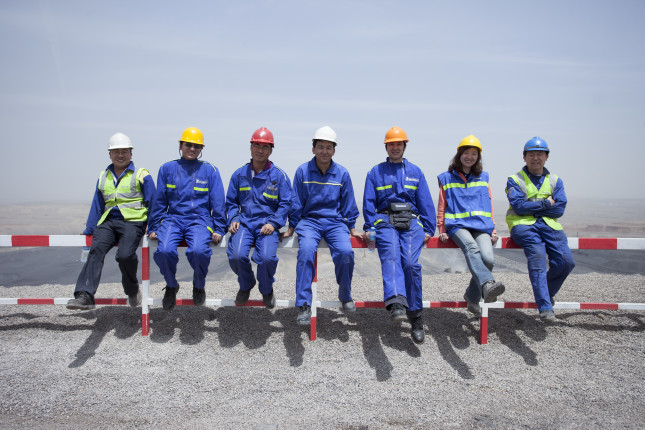
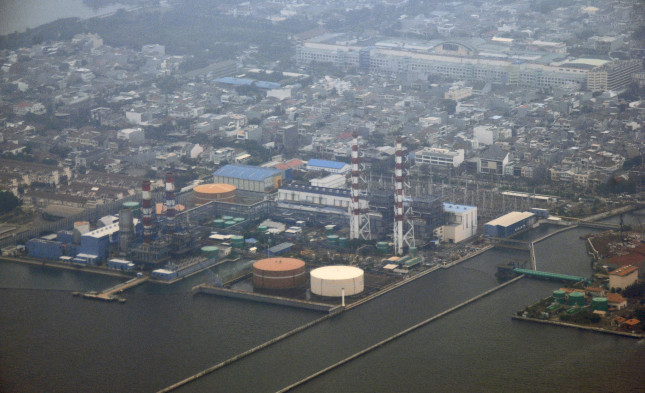
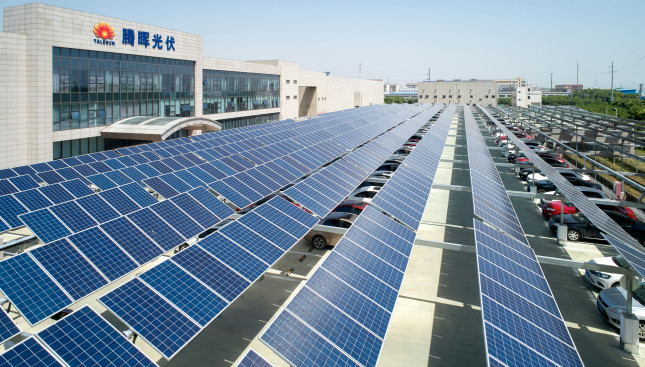


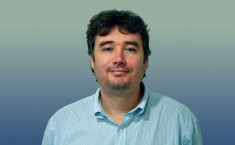 “One of the interesting things about dealing with water and sanitation issues is that in many ways it’s a crosscutting issue,” said Sam Huston, Chief of Party at Tetra Tech’s USAID-supported
“One of the interesting things about dealing with water and sanitation issues is that in many ways it’s a crosscutting issue,” said Sam Huston, Chief of Party at Tetra Tech’s USAID-supported 

